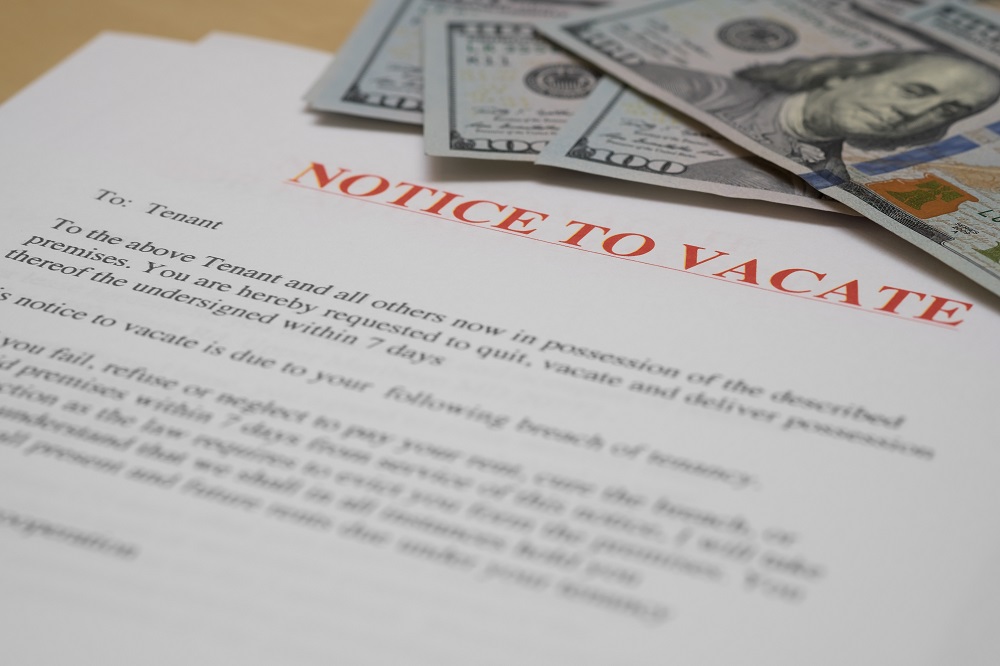If you’re a private landowner, one of the problems you might encounter is having trespassers illegally occupy a piece of your land. These unauthorised occupants may be squatters or illegal immigrants with no place to stay or a part of a travelling caravan.
Illegal travellers may set up camp using tents or they may park their trailer homes on your property. In most cases, illegal travellers don’t cause trouble or pose any harm. However, if you feel uncomfortable with their presence on your land, asking them to leave is the most sensible way to handle the situation. Should they refuse to leave and if you feel you’re safety is threatened, then there are options that you can consider to reclaim possession of your land. You can repossess your land by following the Common Law process or by using a Writ of Possession.
Eviction under Common Law
If asking trespassers to leave your land is ineffective, Common Law permits you as the landowner to use reasonable force, if necessary, in evicting trespassers. However, if trespassers enter your property using violence or force, you can outright remove them from your land without the need for prior negotiation.
You can also hire the services of a traveller eviction bailiff to handle the eviction process. Experienced bailiffs know the relevant laws and will act within those laws so you can expect that your case will be handled sensitively and efficiently. Bailiffs will conduct a risk and safety assessment before the eviction and use the necessary resources to conduct the eviction.

It is important for you to notify the police before an eviction. The police will prevent any breach of peace during an eviction and if they think that it is not the appropriate time to carry it out, they can advise you to conduct the eviction on another schedule. If two of the following conditions are met, police officers can also ask trespassers to leave your land, provided that you have also taken the reasonable steps.
- The trespassers have caused damage on your land or any of the properties on your land.
- The trespassers have used abusive, insulting or threatening language or behaviour against you, members of your family, your agent or your bailiff.
- The trespassers have six or more vehicles on your land.
Writ of Possession
A writ of possession is issued by the High Court and is carried out by a High Court Enforcement Officer (HCEO). The writ can be addressed to “persons unknown” if you don’t know the names of the trespassers on your land.
It is ideal for an HCEO to serve the writ of possession to the trespassers immediately, however, an HCEO can also inform the trespassers before it is served. This will allow the HCEO to conduct a health and safety risk assessment before eviction. The risk assessment will also enable the HCEO to determine if there are additional resources and support are required or if you need to notify the police.
Traveller evictions are not easy, but now that you know your options, you will be able to decide which one is applicable to your situation. Either way, you need expert assistance especially if the trespassers have become unruly and violent.
Read more at Lean and Green Business.

